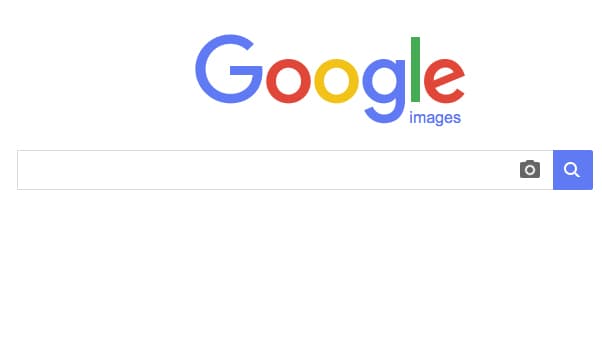In a press statement, Getty explained that its complaint to the European Commission centres on changes made to the Google Images search service which, in 2013, was revised to display galleries of ‘high-res, large-format’ copyrighted content.
Previously, Google Images users would only see low-resolution thumbnails on screen that they could click on to access the photo’s source website, where they could then seek permission and find out how to legally acquire the image.
Now, claims Getty, there is little motivation for users to view the image on the website on which it appears.
Getty plans to file a complaint under competition law, condemning Google’s ‘anti-competitive practices and use of scraped third-party imagery through Google Images’.
Getty – which represents more than 200,000 photographers, content creators and artists worldwide – accuses Google of ‘siphoning traffic and creating an environment where it can claim profits from individuals’ creations as its own’.
Yoko Miyashita, general counsel for Getty Images, said: ‘Google’s behaviour is adversely affecting not only our contributors, but the lives and livelihoods of artists around the world – present and future.’
The move follows Getty’s support of an investigation into Google’s ‘anti-competitive business practices’ last year.
‘Because image consumption is immediate, once an image is displayed in high-resolution, large format, there is little impetus to view the image on the original source site,’ claims Getty in a statement posted on its website and first reported by Time LightBox.
‘These changes have allowed Google to reinforce its role as the internet’s dominant search engine, maintaining monopoly over site traffic, engagement data and advertising spend.’
Getty adds: ‘This has also promoted piracy, resulting in widespread copyright infringement, turning users into accidental pirates’.
Miyashita added: ‘By standing in the way of a fair marketplace for images, Google is threatening innovation and jeopardising artists’ ability to fund the creation of important future works.’
Google Images users can filter their search results to find images, videos or text that they have permission to use, by accessing an Advanced Search filter called ‘usage rights’. This aims to let people know when they can use, share or modify the content they find online.
Google’s UK office declined to comment when approached by Amateur Photographer.







